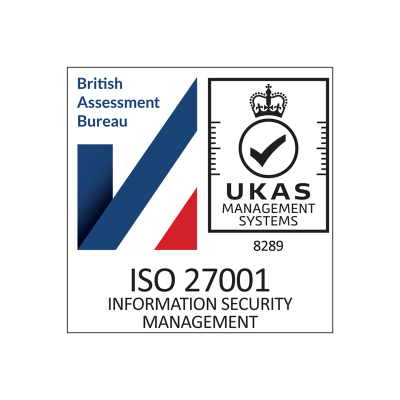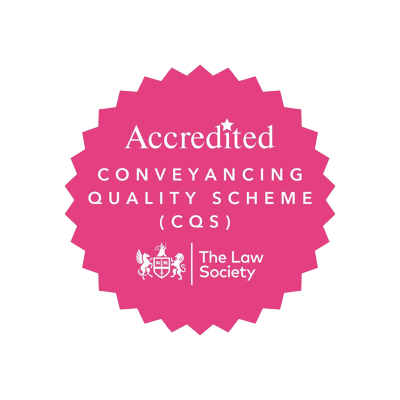
Creating a will ensures your estate is handled according to your wishes. This provides peace of mind by clearly specifying who will receive your assets after your passing.
Having a will allows you to:
Without a will, the intestacy rules will apply. Intestacy rules decide how your estate is distributed among relatives, and the result may not align with your wishes.
We can advise you on all aspects of your will. We’ll explain everything in plain English with no legal jargon. You must revisit your will if your circumstances change, such as getting married, divorced, or having children.
Probate is the legal process through which a deceased person’s estate is administered and distributed. It means checking if the deceased’s will is valid, choosing executors, and handling the estate’s assets and debts.
Carrying out probate can be a challenging task, but our experienced team will handle the entire process with care and efficiency.
There are several steps to follow which we can help with:
When the deceased has not made a will, obtaining Letters of Administration is necessary to manage their estate. We can help with the application process and guide you on who is entitled to the estate under Intestacy Rules. Our expertise ensures that the administration of the estate is handled efficiently and in accordance with legal requirements.
A Lasting Power of Attorney (LPA) is a UK legal document that lets you appoint someone to make decisions for you if you’re unable to due to illness or incapacity.
With an aging population, people are increasingly aware of conditions like Alzheimer’s, dementia, and strokes that can lead to loss of capacity. A Lasting Power of Attorney (LPA) allows you to influence future care and specify desired or unwanted medical treatments.
There are two types of LPA:
Lasting Powers of Attorney (LPA) came into effect on 1st October 2007, replacing the previous Enduring Powers of Attorney (EPA). While EPAs created before this date remain valid, LPAs marked a major shift in decision-making for those who may lack capacity. LPAs provide a flexible framework, letting individuals appoint trusted people to manage finances and personal welfare, ensuring their wishes and needs are met.
The person making the LPA will often appoint a family member or friend to be responsible for making decisions for them in the future. It is possible to appoint one person to act, or to name more than one person and specify different areas that each can make decisions about. It is also possible to specify that decisions should be made jointly by both attorneys.
If someone can’t make decisions and lacks a Lasting Power of Attorney, the Public Guardianship Office and Court of Protection will step in, as per the Mental Capacity Act 2005. They will appoint a Deputy to make decisions for that person, ensuring their needs are taken care of.
Our experienced Court of Protection solicitors can help with court applications, including appointing Deputies, creating statutory wills, and obtaining property sale orders. We also support Deputies with their duties, including preparing annual accounts and income tax returns.
A Declaration of Trust is a legal document that details property or asset ownership, including how it’s held and who has rights to it.
Our Declaration of Trust team is headed by Jill Stackhouse, a Chartered Legal Executive, and Fellow of Cilex. Jill and her team can assist in creating agreements between parties to define their beneficial interest in a property.
We can draft a Declaration of Trust for you for a fixed fee of £295 +VAT. For example, if you and your partner are buying a property with different contributions, or adding someone to the title, a Declaration of Trust can clarify each person’s financial contribution and ownership share. This helps protect everyone’s interests and prevents potential disputes down the line. It’s a useful tool for ensuring that all parties understand their rights and responsibilities regarding the property.
When you come to us for help, we’ll always talk to you in straightforward terms so you can be confident that you’ll understand exactly what we are advising.
Our personal and sympathetic approach responds directly to your needs and concerns. We ensure our staff are well-supported and supervised, so the quality of advice remains consistent, no matter who handles your case.
Our fees are highly competitive and offer good value for the work we will do for you and the service we will provide to you.

Jonathan Frankel qualified in 2007 and has over his years acted in connection with probate and administration, Wills, Powers of Attorneys and Deputyship Orders. Whilst not practising those areas now, the team consists of a head of department who is a qualified solicitor, two further case managers as well as paralegal and admin support. The department has a combined 50 years + of PQE experience.
Many matters can be completed on a fixed fee basis. For more complex issues, we generally agree on an hourly rate reflecting the expertise required. We offer a free, no-obligation initial half-hour consultation to discuss your needs and will provide a clear explanation of our pricing.


ONP Solicitors is a modern, forward-thinking law firm that takes the stress out of buying and selling property. We keep every aspect of legal conveyancing simple, and most importantly, we keep things moving. Wherever you are, we’re by your side, making moving simple.
ONP Solicitors is a trading name of O’Neill Patient Solicitors LLP. Company Registration OC322650. Registered in England and Wales with Registered Office at 2nd & 3rd Floors, 2 Stockport Exchange, Stockport, Cheshire, SK1 3GG. Authorised & regulated by the: Solicitors Regulation Authority. SRA Reg .No. 449172 VAT Number: 991275685.